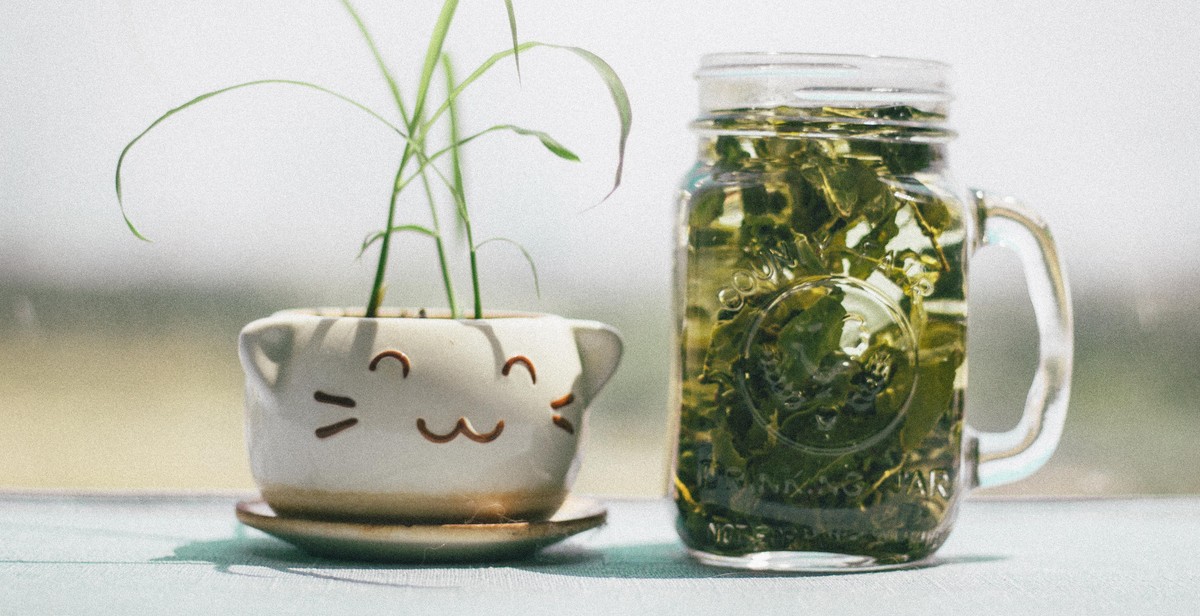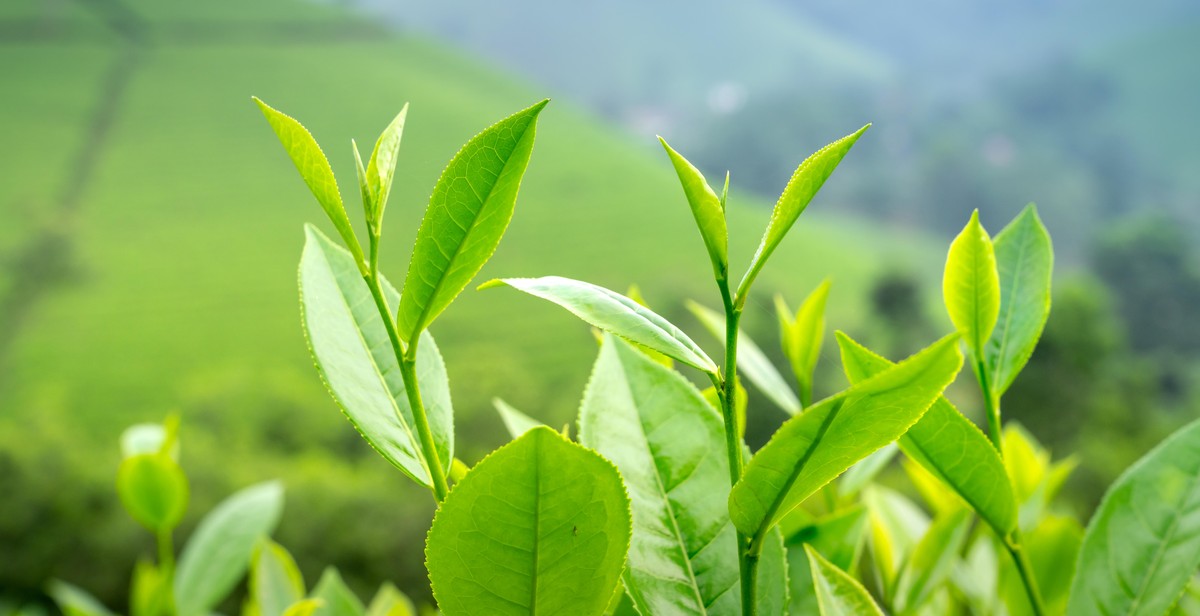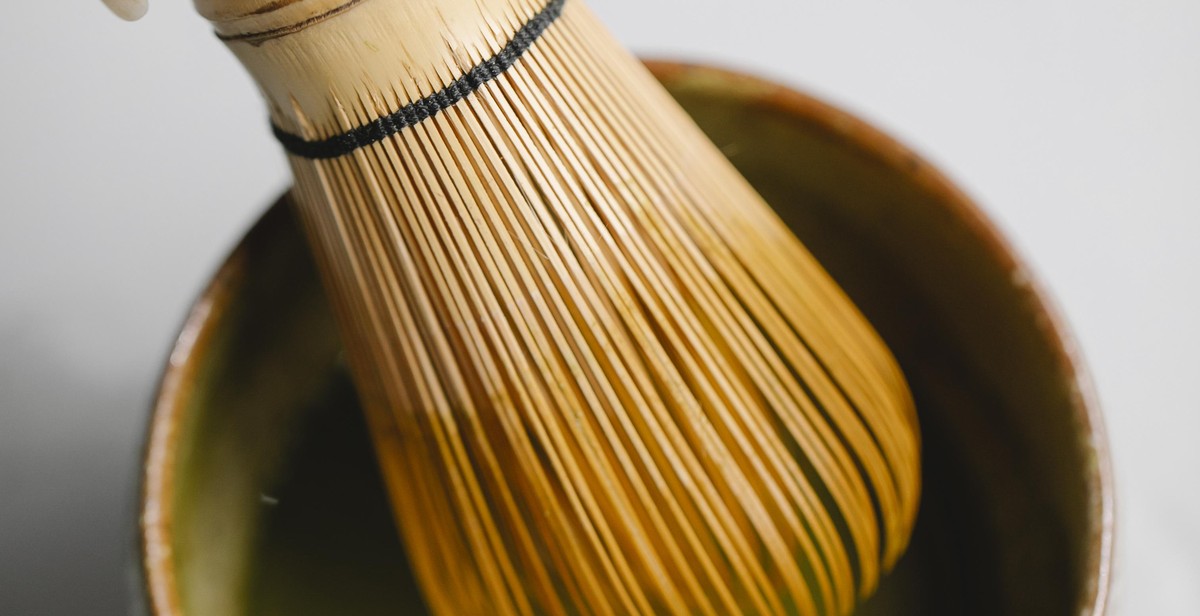How to Brew the Perfect Cup of Assam Tea
Assam tea is a popular black tea variety known for its strong, malty flavor and rich aroma. It is grown in the Assam region of India and is enjoyed by tea lovers all over the world. Brewing the perfect cup of Assam tea requires attention to detail and a few simple steps.
Choose the Right Tea Leaves
The quality of the tea leaves you use will impact the taste of your tea. Look for loose-leaf Assam tea that is fresh and full-bodied. Avoid tea bags, as they often contain lower-quality tea leaves.
Measure the Tea Leaves
Measure out one teaspoon of tea leaves per cup of water. If you prefer a stronger cup of tea, you can add an extra teaspoon of tea leaves.
Boil Fresh Water
Bring fresh cold water to a rolling boil in a kettle or pot. Avoid using water that has already been boiled or has been sitting in the kettle for a while, as it can affect the taste of the tea.
Steep the Tea Leaves
Place the tea leaves in a strainer or infuser and pour the hot water over them. Let the tea steep for 3-5 minutes, depending on how strong you like your tea. Be careful not to oversteep the tea, as it can become bitter.
Serve and Enjoy
Pour the tea into your favorite teacup and add milk and sugar to taste, if desired. Sit back, relax, and savor the delicious flavor and aroma of your perfect cup of Assam tea.

Why Assam Tea?
Assam tea is a type of black tea that is grown exclusively in the Assam region of India. It is known for its strong, full-bodied flavor and rich aroma, making it a popular choice for tea lovers all over the world. But what sets Assam tea apart from other types of tea?
The Climate and Soil
The unique climate and soil of the Assam region create the perfect conditions for growing tea. The region receives plenty of rainfall and has a warm, humid climate, which is ideal for tea plants. The soil is also rich in nutrients, which helps the tea plants to grow strong and healthy.
The Flavor Profile
Assam tea has a distinct flavor profile that sets it apart from other types of tea. It is known for its strong, malty flavor and rich aroma, which is why it is often used in blends for breakfast teas. Assam tea also has a natural sweetness and a smooth finish, making it a popular choice for tea drinkers who prefer a full-bodied tea.
The Health Benefits
Assam tea is not only delicious, but it also offers a range of health benefits. It is rich in antioxidants, which help to protect the body against free radicals and reduce the risk of chronic diseases such as cancer and heart disease. Assam tea also contains caffeine, which can help to improve mental alertness and concentration.
Overall, Assam tea is a unique and flavorful type of tea that is loved by tea drinkers all over the world. Its distinct flavor profile, health benefits, and perfect growing conditions make it a must-try for any tea lover.

Selecting the Right Assam Tea Leaves
When it comes to brewing the perfect cup of Assam tea, the quality of the tea leaves you choose plays a crucial role. There are two main options to consider: loose leaf tea and tea bags.
Loose Leaf Tea vs Tea Bags
Loose leaf tea is considered the superior option as it is made from whole tea leaves that have been hand-picked and processed with care. This process ensures that the leaves retain their natural oils and flavors, resulting in a more robust and flavorful cup of tea. Additionally, loose leaf tea allows for more customization in terms of the amount of tea used and the steeping time.
Tea bags, on the other hand, are made from crushed tea leaves and are typically lower in quality. They are also less customizable as the amount of tea and steeping time are predetermined by the manufacturer.
Quality of Tea Leaves
When selecting Assam tea leaves, it is important to look for high-quality leaves that are fresh and fragrant. The best Assam tea leaves are typically harvested during the second flush, which occurs in late May to early June. These leaves are known for their rich, malty flavor and golden color.
It is also important to consider the grade of the tea leaves. The highest quality Assam tea leaves are classified as “FTGFOP” (Finest Tippy Golden Flowery Orange Pekoe) and are made from the youngest and most tender leaves. Lower grades of tea leaves, such as “BOP” (Broken Orange Pekoe), may be less expensive but also less flavorful.
| Grade | Description |
|---|---|
| FTGFOP | Finest Tippy Golden Flowery Orange Pekoe |
| TGFOP | Tippy Golden Flowery Orange Pekoe |
| GFOP | Golden Flowery Orange Pekoe |
| BOP | Broken Orange Pekoe |
Overall, selecting the right Assam tea leaves is key to brewing a perfect cup. Opt for loose leaf tea over tea bags and choose high-quality leaves that are fresh, fragrant, and harvested during the second flush.

Brewing Equipment
Teapot or Infuser
The first step to brewing the perfect cup of Assam tea is to choose the right brewing equipment. You can either use a teapot or an infuser to brew the tea. If you are using a teapot, make sure it is made of a heat-resistant material such as glass or ceramic. The teapot should also have a strainer to prevent tea leaves from getting into your cup. If you prefer using an infuser, choose one that is made of stainless steel or silicone as they are easy to clean and do not retain flavors from previous brews.
Water Quality
The quality of water you use also plays a crucial role in brewing the perfect cup of Assam tea. Ideally, you should use filtered or bottled water as tap water can contain impurities that can affect the taste of the tea. The water should also be free from chlorine and other chemicals that can alter the flavor of the tea. If you are using tap water, make sure to boil it for at least 5 minutes to remove any impurities before brewing your tea.
Water Temperature
The temperature of the water used to brew Assam tea is also important. The water should be heated to a temperature of 195°F to 205°F (90°C to 96°C) to bring out the full flavor of the tea. If the water is too hot, it can scorch the leaves and result in a bitter taste. Conversely, if the water is not hot enough, the tea will taste weak and insipid. Use a thermometer to ensure that the water is at the right temperature before adding the tea leaves.

Brewing Process for the Perfect Cup of Assam Tea
Measuring Tea Leaves
The first step in brewing the perfect cup of Assam tea is to measure the tea leaves accurately. A general rule of thumb is to use one teaspoon of loose tea leaves per cup of water. However, you may adjust the amount of tea leaves based on personal preference and the strength of the tea you desire.
Water-to-Tea Ratio
The water-to-tea ratio is crucial in brewing the perfect cup of Assam tea. For a strong cup of tea, use one teaspoon of tea leaves per cup of water. However, if you prefer a milder taste, you may use less tea leaves. It is essential to use freshly boiled water for brewing tea, as the temperature of the water is crucial in extracting the full flavor of the tea leaves.
Steeping Time
The steeping time is also critical in brewing the perfect cup of Assam tea. For a robust and full-bodied cup of tea, steep the tea leaves for 3-5 minutes. However, if you prefer a milder taste, you may steep the tea leaves for a shorter duration. It is essential to note that over-steeping the tea leaves may result in a bitter taste.
| Step | Measurement | Duration |
|---|---|---|
| Measuring Tea Leaves | 1 tsp per cup of water | N/A |
| Water-to-Tea Ratio | 1 tsp per cup of water | N/A |
| Steeping Time | N/A | 3-5 minutes |
By following these simple steps, you can brew the perfect cup of Assam tea that is rich in flavor and aroma.

Serving and Enjoying Assam Tea
Adding Milk and Sugar
Assam tea is traditionally enjoyed with milk and sugar. The strong and bold flavor of the tea pairs well with the creaminess of milk and the sweetness of sugar. However, the amount of milk and sugar added to the tea is a matter of personal preference.
If you prefer a stronger tea flavor, add less milk and sugar. If you prefer a milder taste, add more milk and sugar. It is recommended to add the milk and sugar after the tea has been brewed, so that the tea leaves can fully infuse in the hot water.
Pairing with Food
Assam tea pairs well with a variety of foods, from sweet to savory. The strong and robust flavor of the tea can complement rich and spicy dishes, such as curries and stews. It can also balance out the sweetness of desserts, such as cakes and pastries.
For a classic pairing, enjoy a cup of Assam tea with biscuits or scones. The buttery and crumbly texture of the baked goods pairs perfectly with the bold flavor of the tea.
| Food | Pairing Notes |
|---|---|
| Cakes and pastries | Assam tea can balance out the sweetness of desserts |
| Curries and stews | The strong flavor of Assam tea can complement rich and spicy dishes |
| Biscuits and scones | The buttery and crumbly texture of baked goods pairs perfectly with the bold flavor of the tea |
Experiment with different food pairings to find your favorite combination with Assam tea.

Conclusion
Assam tea is a popular and delicious beverage that is enjoyed by people all over the world. Brewing the perfect cup of Assam tea requires attention to detail and a little bit of practice, but it is well worth the effort. By following the steps outlined in this article, you can learn how to make a delicious cup of Assam tea that is sure to impress your friends and family.
Remember to start with high-quality Assam tea leaves, and use fresh water that has been heated to the proper temperature. Steep the tea for the appropriate amount of time, and adjust the strength and sweetness to your liking. Whether you prefer your tea hot or iced, with milk or without, there are many ways to enjoy Assam tea.
With its bold flavor and rich aroma, Assam tea is a delightful beverage that can be enjoyed any time of day. Whether you are looking for a morning pick-me-up or a relaxing evening drink, Assam tea is the perfect choice. So why not try brewing a cup of Assam tea today and experience the delicious flavor for yourself?
| Benefits of Assam Tea |
|---|
| 1. Rich in antioxidants that help to fight free radicals and protect against various diseases. |
| 2. Contains caffeine that can help to boost energy levels and improve mental alertness. |
| 3. May help to reduce the risk of heart disease and stroke by improving blood flow and reducing inflammation. |
| 4. Can help to improve digestion and relieve constipation due to its natural laxative properties. |
| 5. May help to reduce the risk of certain types of cancer, such as breast, lung, and prostate cancer. |
So not only is Assam tea delicious, but it also offers a range of health benefits that make it a great choice for anyone looking to improve their overall well-being. So why not add Assam tea to your daily routine and enjoy all the benefits it has to offer?
